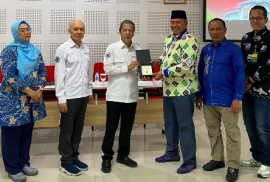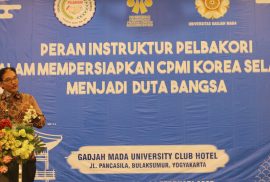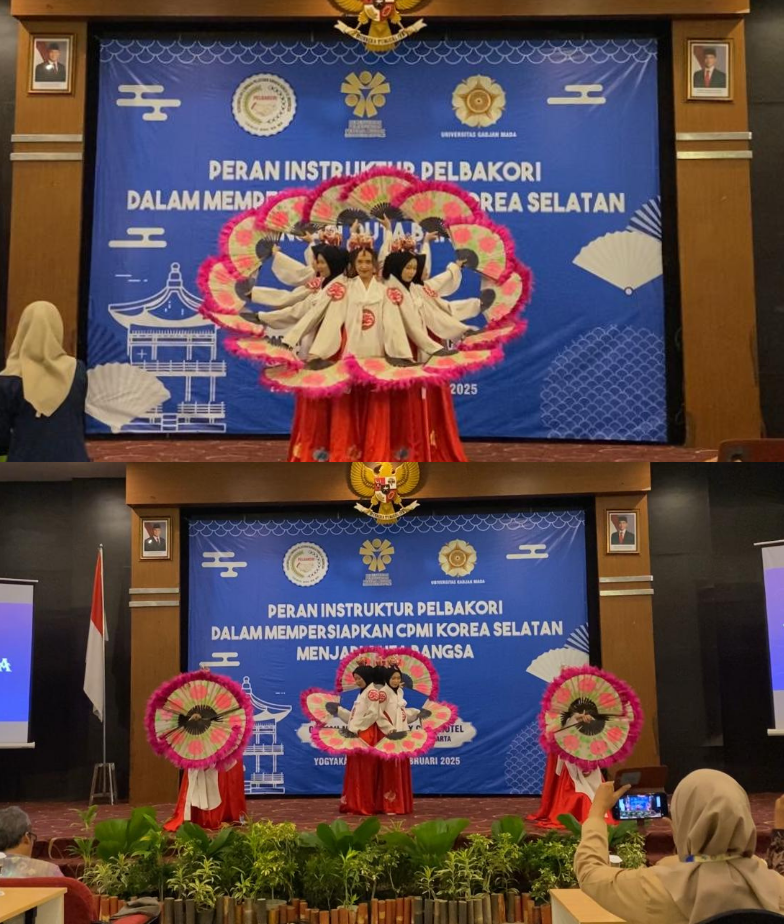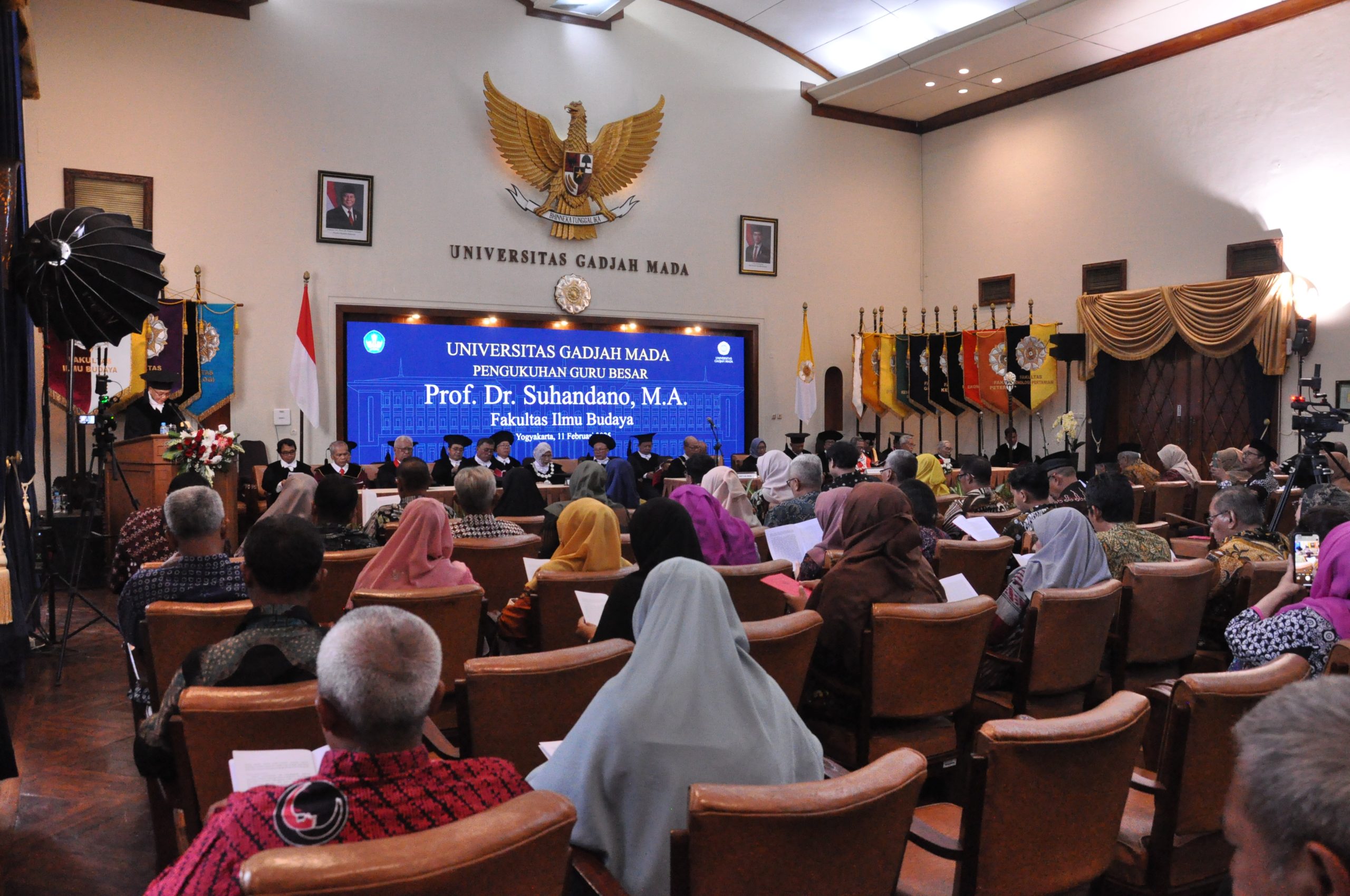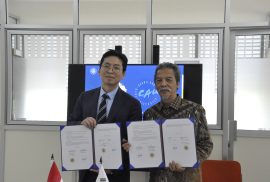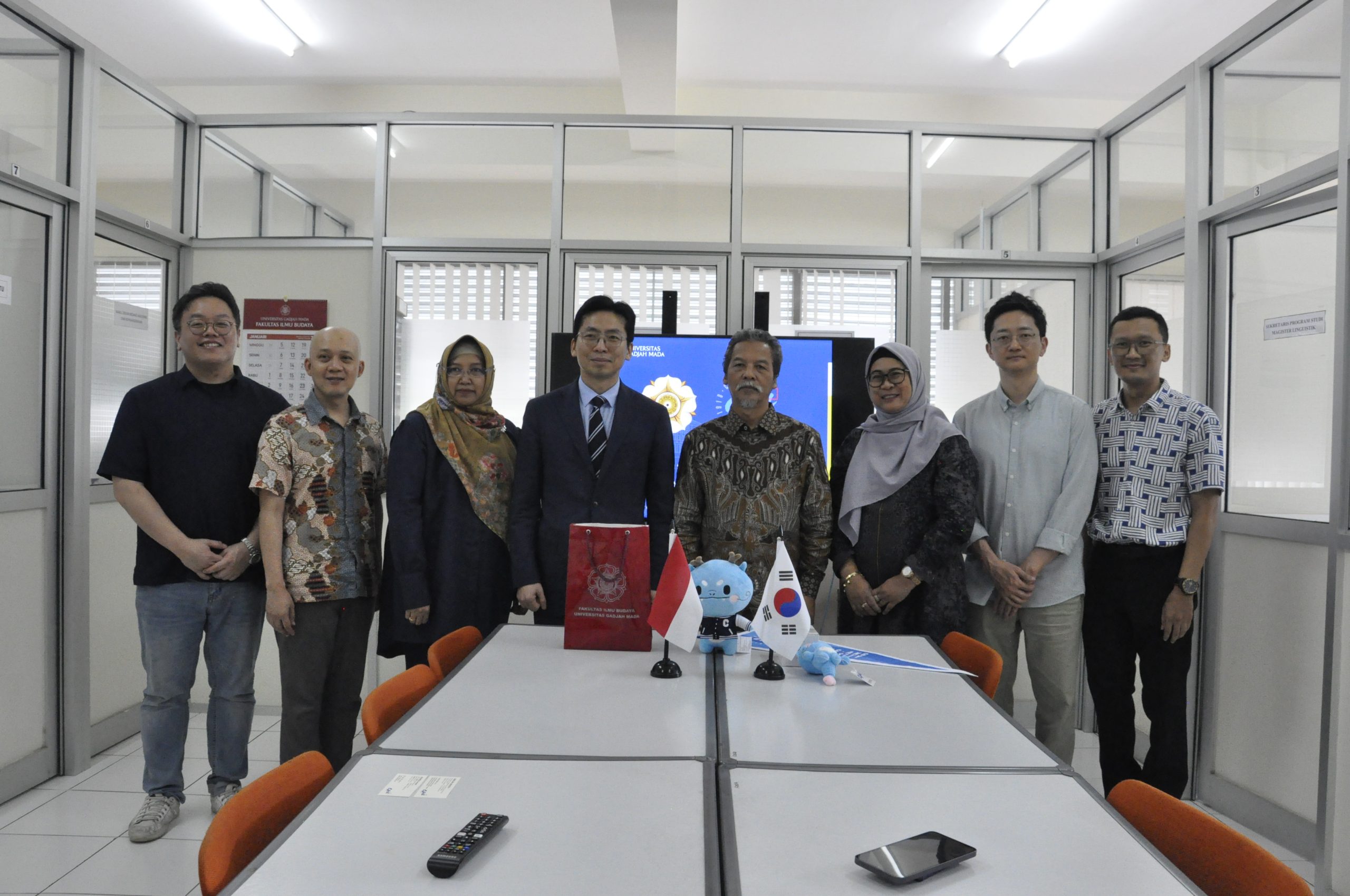Yogyakarta, 25/2/2025 – The Faculty of Humanities held an important workshop aimed at increasing collaboration between local governments and universities. The event was attended by the Regent of Siak Regency, Riau, as well as various stakeholders from the public and academic sectors. The workshop focused on the development of culture, tourism, and creative economy by utilising local potential to drive economic growth and development.
The workshop began with opening remarks from the Regent of Siak, who emphasised the importance of education in improving economic resources. He highlighted that universities have a crucial role in providing the knowledge and skills needed to empower local communities. By collaborating with local governments, educational institutions can help create a more sustainable and inclusive economic environment.
The participants engaged in discussions on the current state of cultural and tourism development in Siak. They explored how local resources can be optimised to increase the attractiveness of the area as a tourist destination. The Bupati emphasised that Siak is rich in cultural heritage and natural beauty, which if managed well, can contribute significantly to economic development.
One of the key topics discussed during the workshop was the integration of local culture into the education curriculum. Experts suggested that by incorporating local history and traditions into university programmes, students will be better equipped to promote and preserve their cultural identity. This approach not only enriches the educational experience but also fosters a sense of pride among the younger generation.
In addition, the workshop also highlighted the potential of the creative economy in driving economic growth. The participants discussed various creative industries, such as handicrafts, performing arts, and culinary, that could be further developed. The Regent encouraged local entrepreneurs to collaborate with universities to innovate and create new products that reflect Siak’s unique cultural identity.
In addition to the cultural and creative industries, the workshop also focused on sustainable tourism practices. Experts shared insights on how to develop tourism that respects local communities and the environment. The Regent emphasised that sustainable tourism is essential for long-term economic development and should be a priority for local governments and educational institutions.
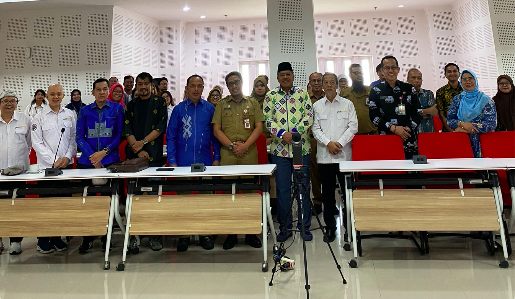
The workshop concluded with a discussion on all stakeholders to work together in implementing the strategies discussed. Such collaboration is critical to achieving the Sustainable Development Goals (SDGs), especially in terms of economic resources, education, and economic growth.
As participants left the workshop, there was a real sense of optimism about the future of Siak. The collaboration between the local government and universities is expected to pave the way for innovative solutions that will boost the cultural, tourism and creative sectors in the area. This initiative is a significant step towards achieving sustainable economic development in Siak.
[Public Relations of Faculty of Cultural Sciences UGM, Bulan Churniati]

